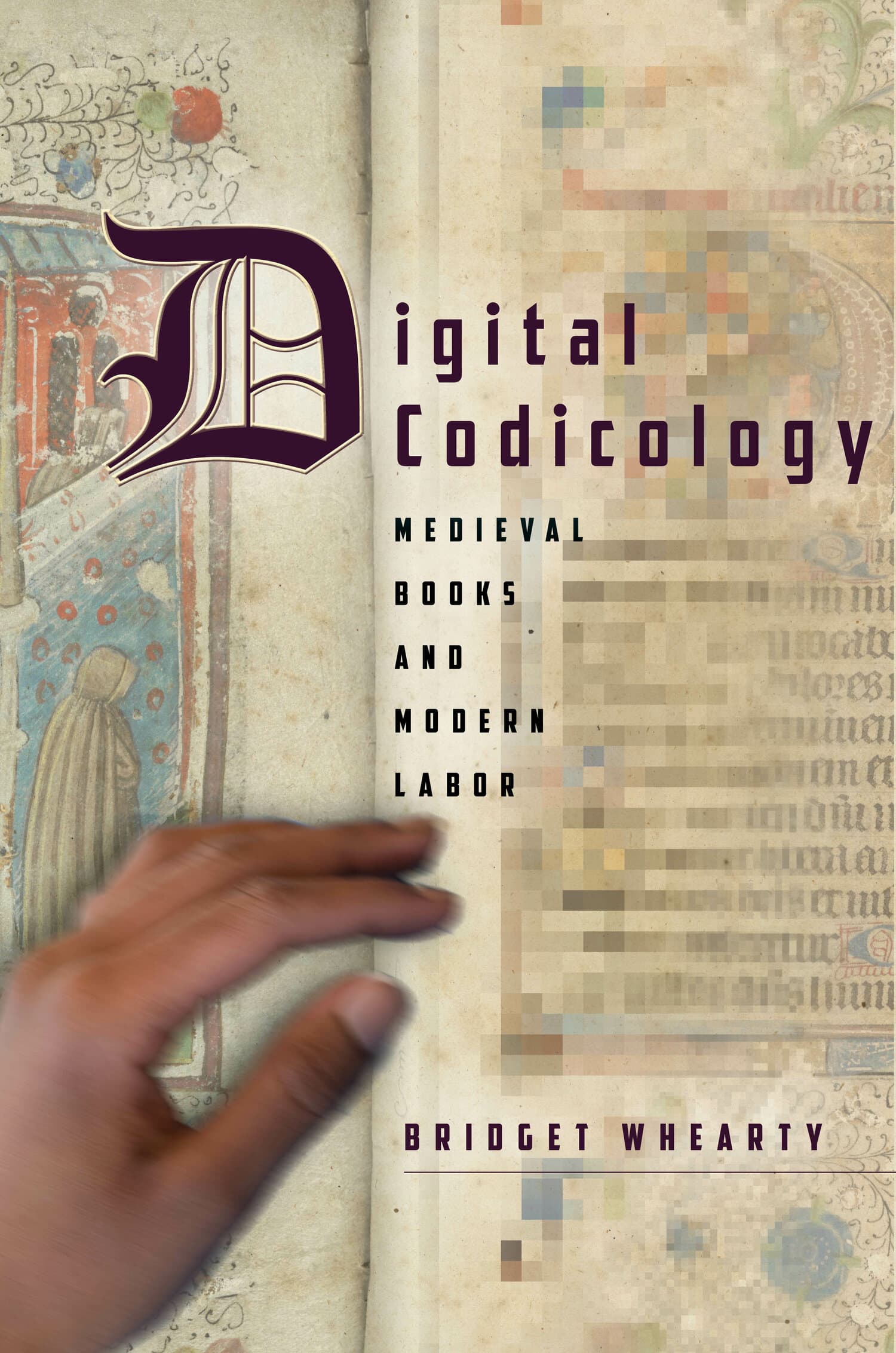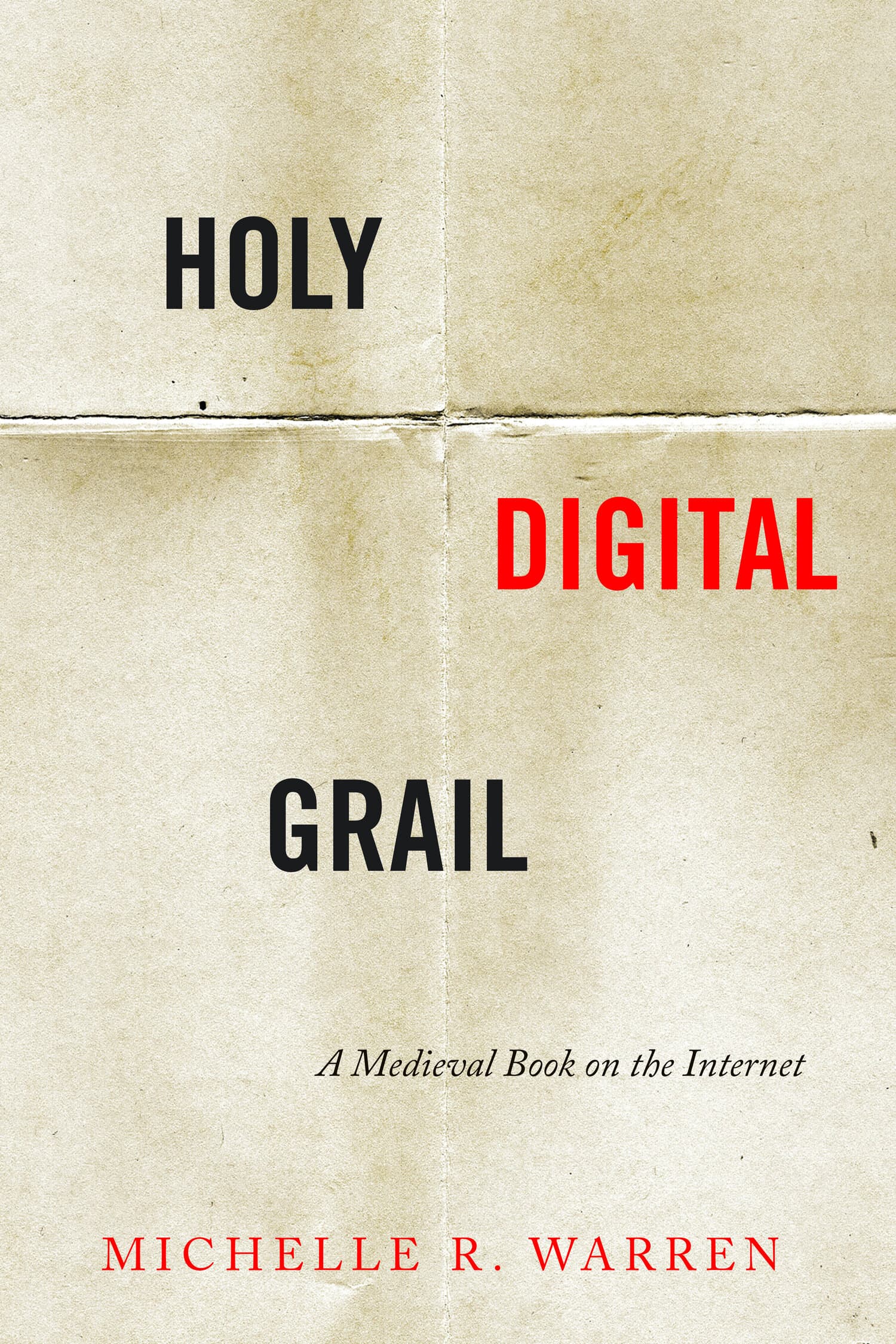Theses on the Metaphors of Digital-Textual History
Award Winner
2025: SHARP Book History Book Prize
Winner of the 2025 SHARP Book History Book Prize, sponsored by the Society for the History of Authorship, Reading, and Publishing (SHARP).

Digital spaces are saturated with metaphor: we have pages, sites, mice, and windows. Yet, in the world of digital textuality, these metaphors no longer function as we might expect.
Martin Paul Eve calls attention to the digital-textual metaphors that condition our experience of digital space, and traces their history as they interact with physical cultures. Eve posits that digital-textual metaphors move through three life phases. Initially they are descriptive. Then they encounter a moment of fracture or rupture. Finally, they go on to have a prescriptive life of their own that conditions future possibilities for our text environments—even when the metaphors have become untethered from their original intent. Why is "whitespace" white? Was the digital page always a foregone conclusion? Over a series of theses, Eve addresses these and other questions in order to understand the moments when digital-textual metaphors break and to show us how it is that our textual softwares become locked into paradigms that no longer make sense.
Contributing to book history, literary studies, new media studies, and material textual studies, Theses on the Metaphors of Digital-Textual History provides generative insights into the metaphors that define our digital worlds.
—Kathleen Fitzpatrick, Michigan State University
"Eve's book is a fabulous read! It is a captivating exploration of books and digital artifacts. This book will find an eager readership in an audience interested in text technologies in the academy and beyond."
—Orietta Da Rold, University of Cambridge
"What Eve accomplishes is making these otherwise difficult, technical, and confusing concepts accessible for humanists. For any student or scholar looking to begin their studies into digital textuality, I recommendTheses on the Metaphors of Digital-Textual History"
—Alijan Ozkiral, H-Sci-Med-Tech
"A champion of open-access scholarship and prolific writer in book history and digital humanities, Eve supports his grand scope with his enviably broad knowledge of the subject and relays it approachably to book history scholars, regardless of their training in computational history."
—Shawna Ross, SHARP News
"Eve's Theses on the Metaphors of Digital–Textual History is significant not because it offers a ready-made solution to the hermeneutical challenges of digital humanities, but because it demands that scholars confront how deeply the computational and the metaphorical are entangled—and to reflect on why that entanglement remains urgent."
—Davide Parfumi, Digital Scholarship in the Humanities




